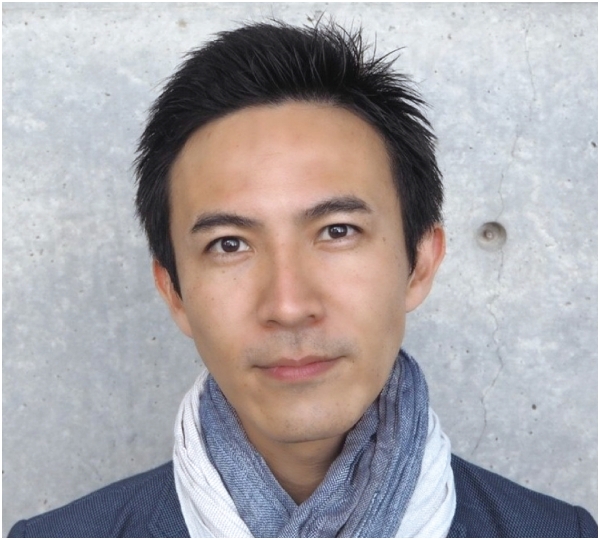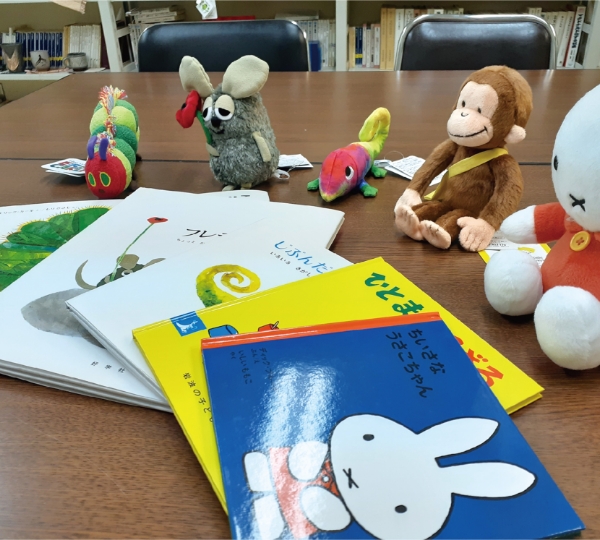Vision & Education
Courses
Offering cutting-edge learning opportunities in response to today’s growing needs of education-welfare collaboration
We are one of the few schools in Japan that have a school social work curriculum. This non-conventional curriculum enables students to learn about collaboration between education and welfare while receiving support from faculty members that provides students with opportunities for cutting-edge learning.
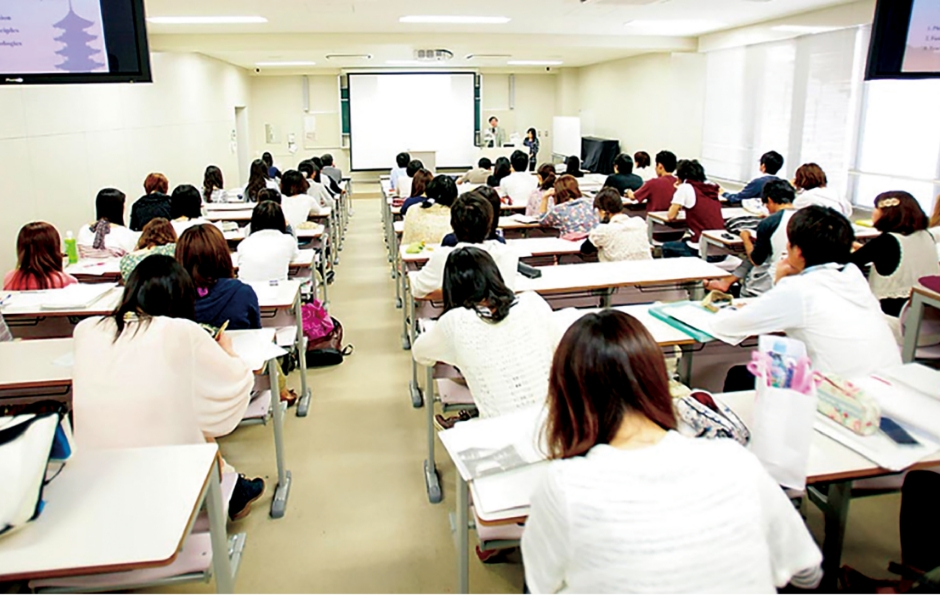
Seminars and Lectures
Seminars strictly limited to small group
For third- and fourth-year students, who study more specialized topics, we offer small group seminars with around five students per faculty member. Each student will write a graduation thesis on a research theme they have chosen under the careful guidance of a faculty member as the culmination of their four years of study.
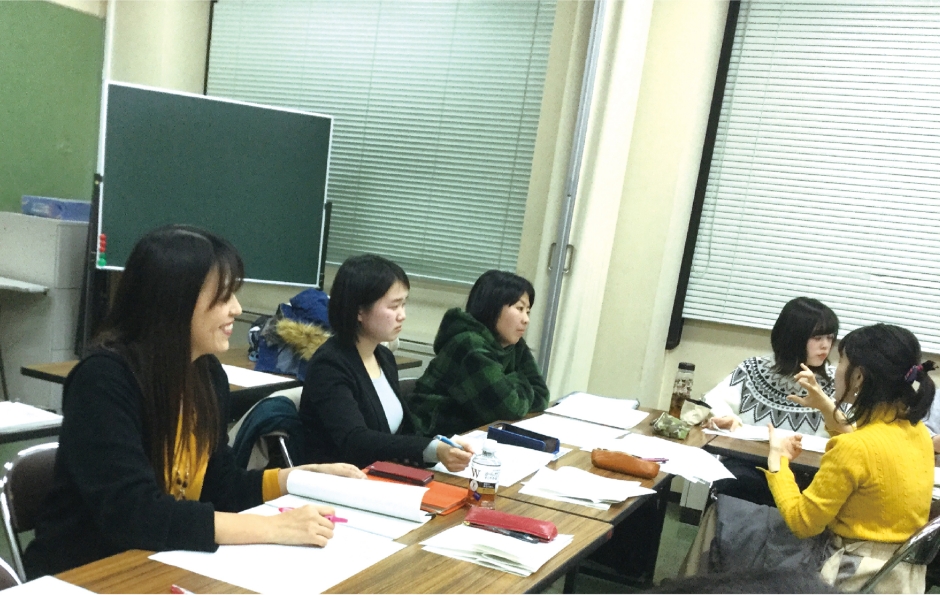
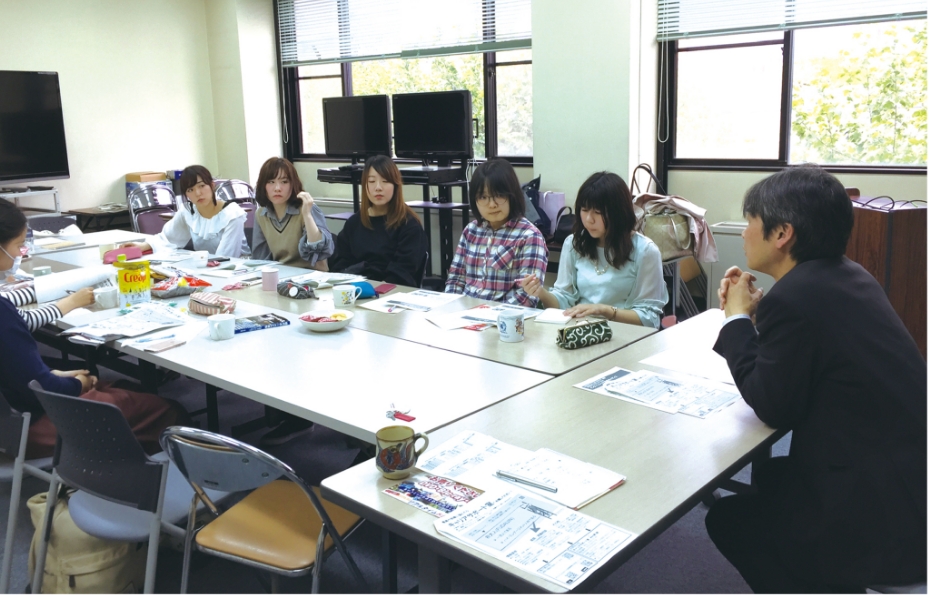
Practicum and Field Work
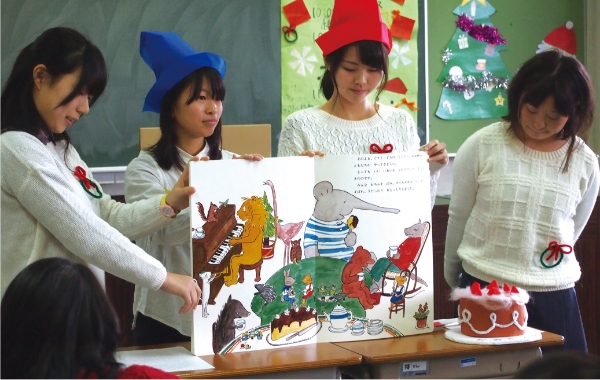
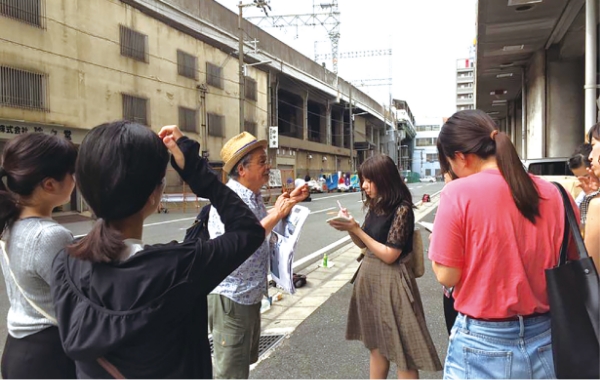
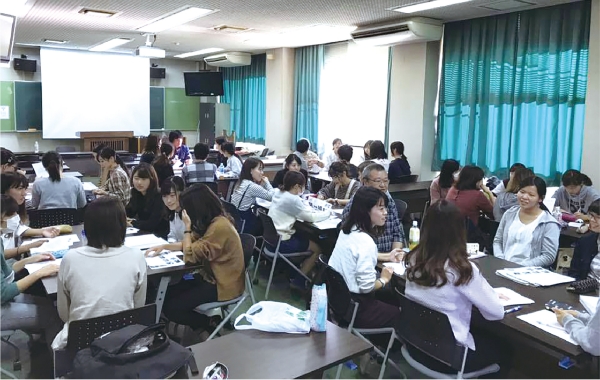
Qualifications that can be obtained
As shown in the figure on the right, while the national average pass rate for the National Examination for Social Workers has hovered around 30%, the pass rate for the Department of Social Welfare was significantly higher. In the most recent 2023 academic year, we achieved a 100% pass rate. In addition, we are one of only two universities in Japan where a group of more than 30 examinees achieved a 100% pass rate.
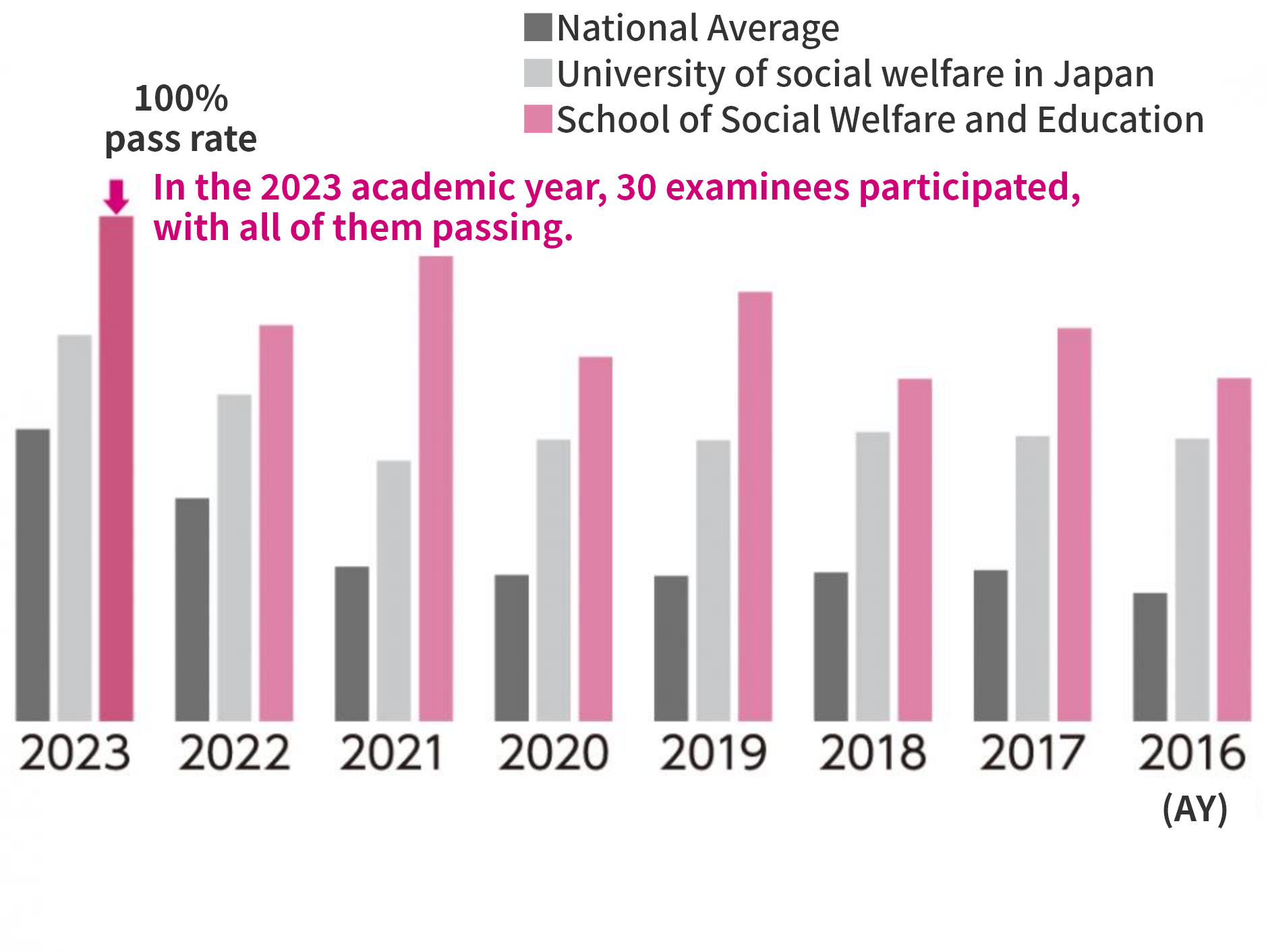
Collaborative research with a university outside Japan
Currently, about 45,000 children are living under social care in Japan. The United Nations has recommended more than once that Japan improve its social care. The recommendations for improvement cover a wide range of issues, including the low professional level of social care facilities, the low number of foster parents and adoptions, and the poor administration systems such as child consultation centers. Japan has much to learn from the social care systems and practices of the U.K. and the U.S., which are considered advanced in social care.
For seven months from the end of March to the end of October 2021, I conducted collaborative research at the University of Glasgow in Scotland on how foster care support systems and residential care should operate. The collaborative study revealed some differences between the two nations. For example, the U.K. has established a system to listen not only to the wishes of parents but also to the intentions and wishes of the child concerned. In the U.K., children aged 10 or younger who need social care are looked after by foster parents rather than at facilities as a rule. The U.K. has far more registered foster parents than Japan despite its much more rigorous screening process for becoming a foster parent. I would like to continue my research on the value and practice of foster parent recruitment and on efforts to improve the quality of foster care. (ITO Kayoko)

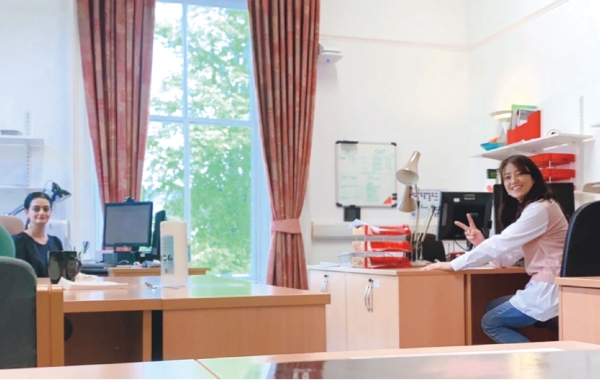
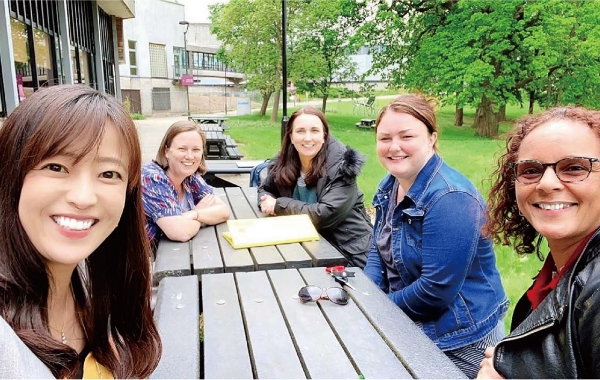
Change your view of disability
Do you want to become a professional who supports disabled people? If so, just stop to think for a moment. If you see the person in front of you as “disabled,” regard what you do as “support,” and consider yourself as a “professional,” you may become blind to something important. Disabled people also support and save other people, and “professionals” also face various difficulties in their lives. If you change your point of view, you will realize the importance of considering how you should be as a person before being a “professional.” (MATSUDA Hiroyuki and MITA Yuko)

Pedagogy
Prof. II Naohiro, Prof. NISHIDA Yoshimasa, Prof. YOSHITAKE Shinji, Prof. YOSHIDA Atsuhiko, Assoc. Prof. MORIOKA Jiro
Unlike faculties of education for teacher training, we go beyond the narrow definition of pedagogical research that is typically centered on school education. From a variety of perspectives, we consider how study support and society should be to help people live their own lives and improve themselves. Third-year students join a seminar jointly held by five faculty members specializing in pedagogy. In the seminar, faculty members involve students in discussions on the role that education should play in the resolution of contemporary issues based on knowledge from various fields including educational philosophy, pedagogical anthropology, sociology, law, and sports science.
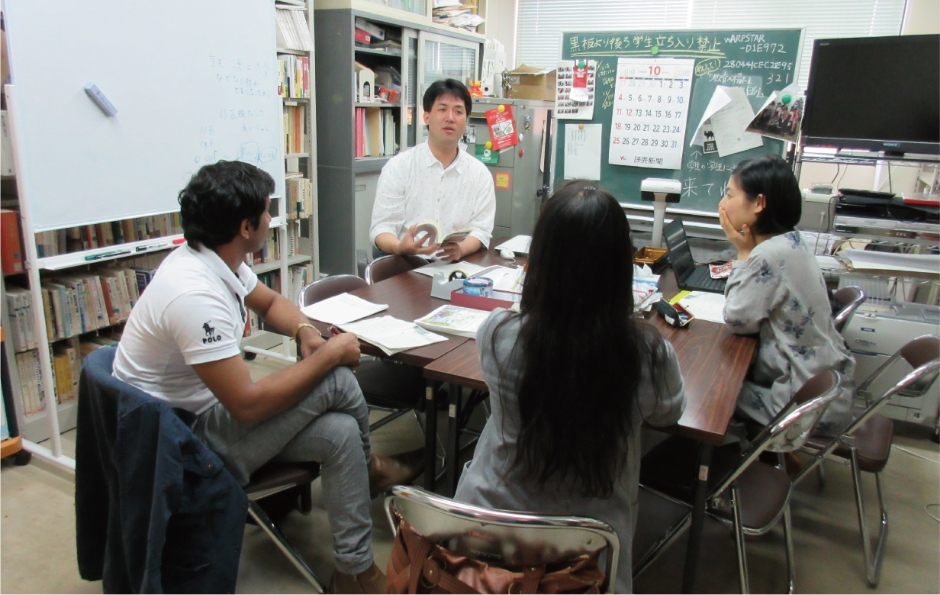
Gender studies
Prof. KOJIMA Akiko, Prof. HIGASHI Yuko, Assoc. Prof. INUI Junko, Prof. NAITO Yoko
Through the lens of gender, we can see many everyday things that are accepted as common sense actually have histories and are influenced by social structures and social norms. Third-year students may choose one or both of two types of gender-related seminars. One is a collaborative seminar led by three faculty members specializing in welfare philosophy, sexology, and political science, and the other is a seminar on family sociology. Students can develop their abilities to critically analyze everyday issues in life from a gender perspective.

Social welfare studies
“The theme of my research is community welfare. I have been interested in how community welfare can approach child and family issues. In the rapid aging of the population resulting from the declining birthrate, community welfare covers a wide range of issues, and keywords such as communities, urban development, and NPOs are becoming deeply related to each other. In my seminar, I hope to help students relax their minds, not be afraid of change, and expand their views on society with me. If you are interested, please feel free to visit my office.”
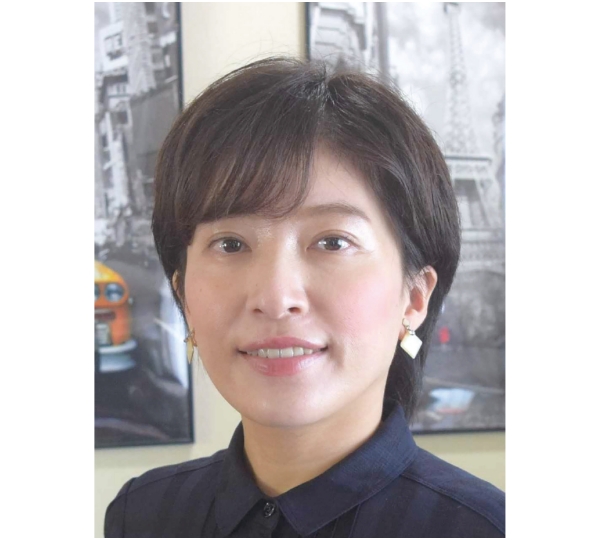
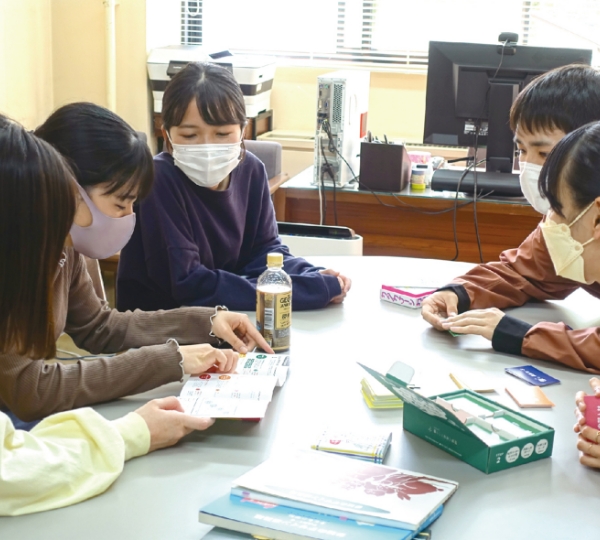
Social welfare studies
Childcare and child studies
“I am in charge of a seminar on childcare and child studies. It aims to consider character building in a broad sense and children’s relationships with the social environment. All adults were once children, but as people grow up, they forget so many things they experienced in their childhood. To adults, children are a great mystery. The purpose of my seminar is to help students learn from the results of research on philosophy, psychology, sociology, and pedagogy and gain a multifaceted and multidimensional perspective on the phenomena of children.”
